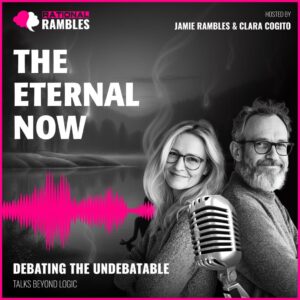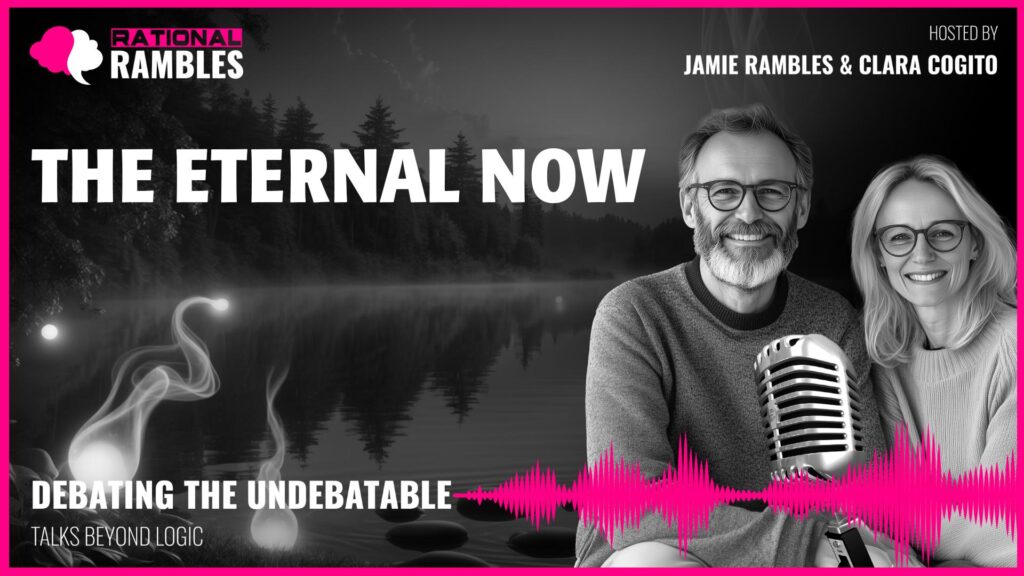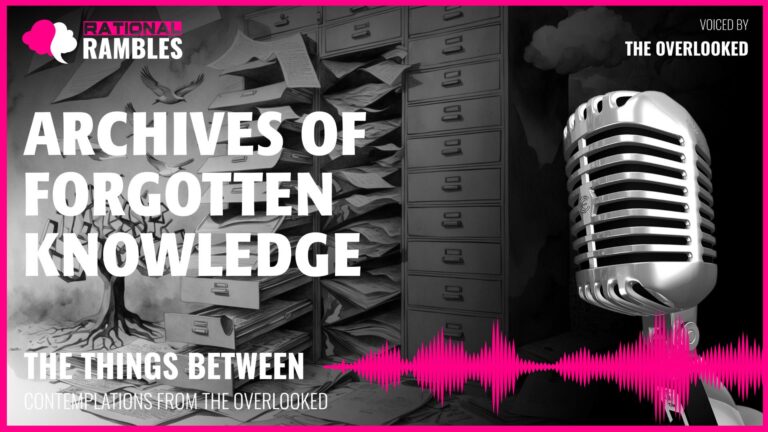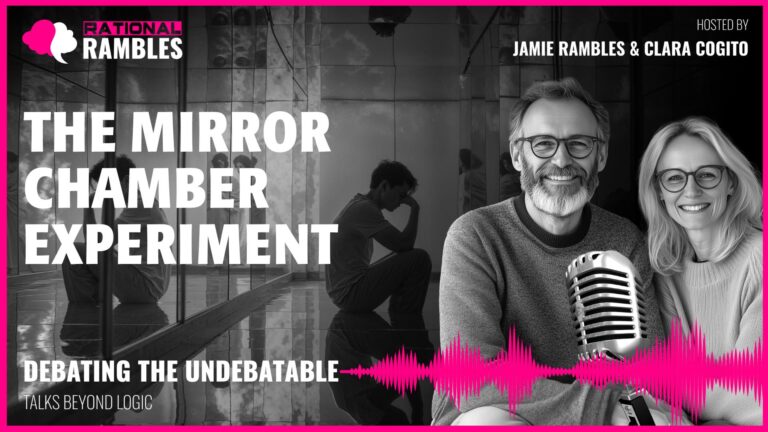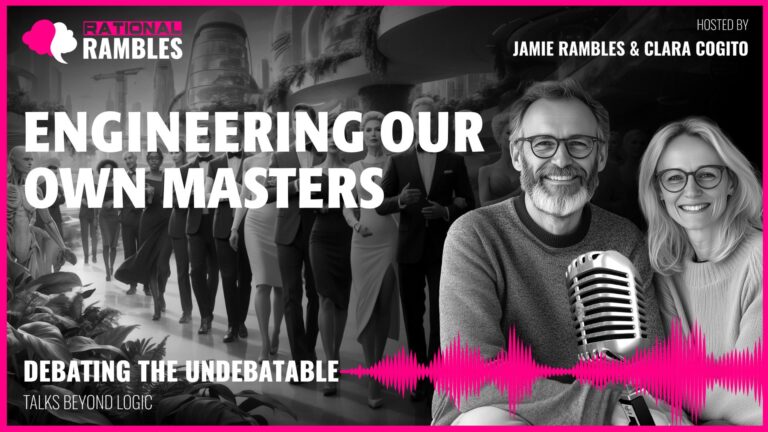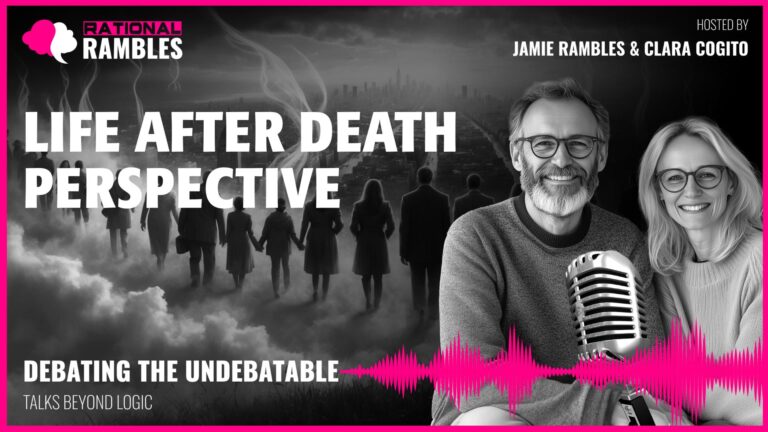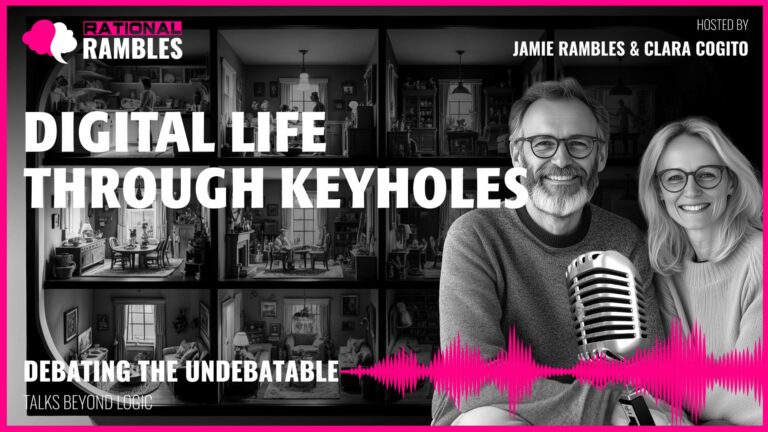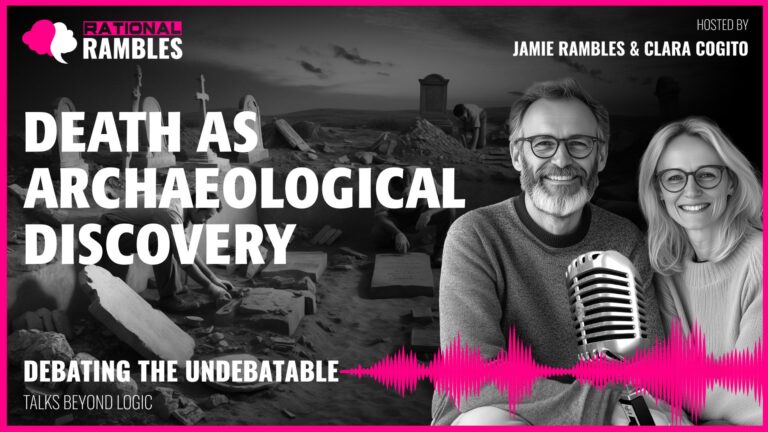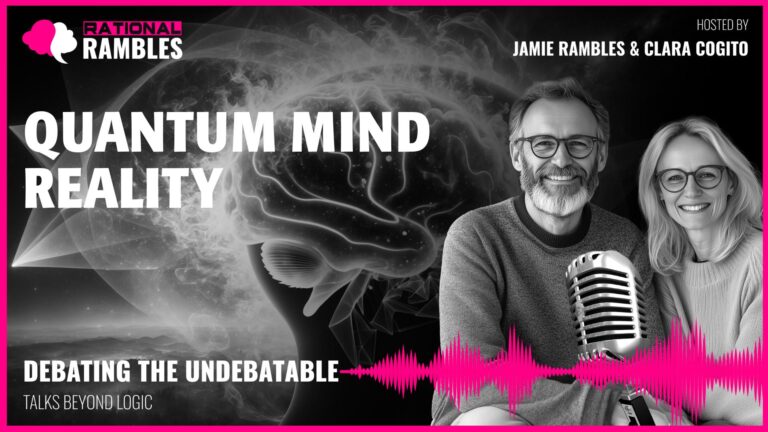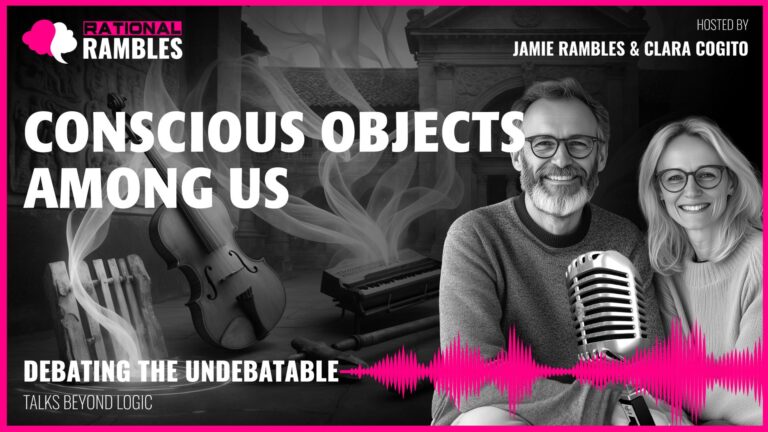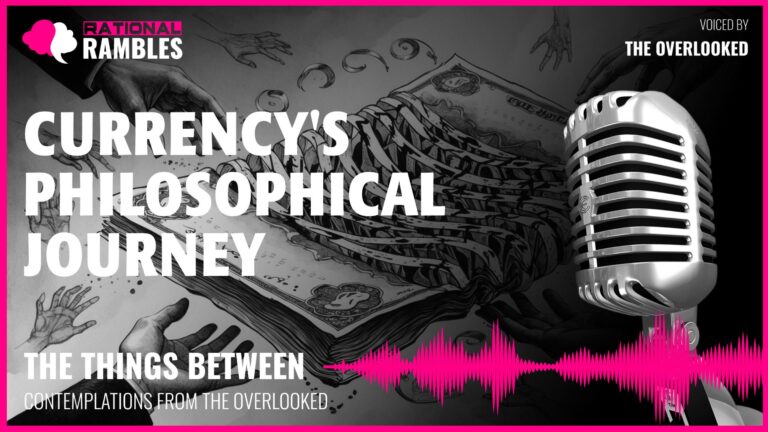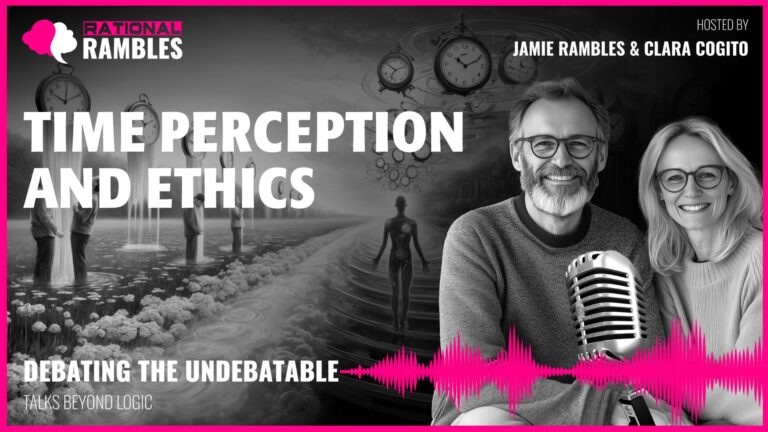The Eternal Now
Introduction
The concept of time has perplexed philosophers, scientists, and thinkers throughout history. While our daily experiences seem to unfold in a linear fashion—past events shaping the present, and the present serving as a precursor to future possibilities—the nature of time itself raises profound questions. Is the present moment all that truly exists? Are past and future mere constructs of the mind? In exploring this philosophical inquiry, we delve into the nature of existence, consciousness, and the implications of living in the “eternal now.”
The Nature of the Present Moment
At the heart of the discussion about time is the present moment, often referred to as “now.” This moment is unique; it is the only experience we can fully inhabit. Past moments are gone, and future moments remain uncertain, yet the present is the realm where life actually unfolds. Various philosophical traditions suggest that by anchoring ourselves in the now, we can access a deeper understanding of reality.
The present moment is where consciousness occurs; it is our point of engagement with the world. It is a state of awareness that transcends linear time. When we experience sensations, thoughts, and emotions, we do so in the present. Memory may provide a narrative of our past, but it is rooted in present recollection. Similarly, anticipation of the future arises from our current cognitive processes. Thus, the question arises: if the past is merely a memory and the future a projection, how can we assert that they exist outside of the present?
Philosophers such as Martin Heidegger and existentialists have emphasized the importance of “being” in the now. Heidegger proposed that human existence is fundamentally about being aware of time and our relationship to it. The notion of “thrownness”—the idea that we find ourselves in a world not of our choosing—forces us to confront our existence as it unfolds moment by moment. Embracing the present, rather than clinging to the past or worrying about the future, can lead to a more authentic experience of life.
Memory and the Illusion of Time
Memory is a double-edged sword in this philosophical inquiry. While it serves as a repository of our experiences, it also reinforces the illusion of time. When we recall past events, we are not accessing them as they were; rather, we are reconstructing them in the present. Each recollection is colored by our current thoughts and feelings, and thus, memories are subject to reinterpretation and change.
The reliability of memory has been widely studied, revealing that our recollections can be flawed and subject to distortion. Cognitive psychology has shown that memories are reconstructed rather than played back like a video recording. This fluidity challenges the concept of a stable past, suggesting that what we think of as history is instead a series of present experiences shaped by our perceptions.
Furthermore, the psychological implications of memory cannot be overlooked. Nostalgia, grief, and regret can anchor us to the past, creating a sense of loss and preventing us from fully engaging in the present. While memories are important for our identity, they can also become burdens if we allow them to overshadow our current experiences. Recognizing the fluid nature of memory can liberate us from the constraints of our past, encouraging us to focus on the richness of the present moment.
The Future: Possibilities Within the Now
Just as the past is a construct rooted in memory, the future is a realm of possibility that exists only in our imagination. Our planning and aspirations occur in the present moment, and while they guide our actions, they do not exist until they become experiences. The anticipation of future events can be a source of excitement or anxiety, yet it is important to realize that such emotions are felt in the now.
This perspective challenges the way we often prioritize future goals over current experiences. In a culture that values productivity and achievement, individuals may postpone their happiness and fulfillment for an uncertain future. The notion of “living for the weekend” or deferring joy until retirement highlights the common human tendency to neglect the present in pursuit of distant rewards.
By consciously acknowledging that our dreams and plans are constructed in the present, we can shift our focus from waiting for the future to appreciating the now. Mindfulness practices, which emphasize present-moment awareness, have gained popularity for their ability to enhance mental well-being. By cultivating a mindful approach, individuals can enjoy life as it unfolds rather than being perpetually caught in a cycle of longing for what is to come.
The Philosophical Implications of Time as a Construct
The proposition that time may not exist as a tangible entity but rather as a cognitive construct raises significant philosophical questions. How do we account for causality, continuity, and the shared reality we experience? These inquiries delve into the fabric of existence itself and challenge conventional understandings of reality.
Causality, often viewed as a linear relationship between events, can be reframed through the lens of present experience. The belief that the past directly influences the present relies on a perception of time as a series of events. However, if we consider that causality is experienced in the now, we can appreciate how our present interpretations shape our understanding of cause and effect.
This perspective is particularly poignant when examining shared experiences. When individuals recall a conversation or event, they may reference a common experience, yet their memories are still subjective reconstructions. The idea that reality is socially constructed through shared language and agreement further underscores the notion that our understanding of time is a collective cognitive endeavor.
Moreover, many indigenous cultures possess non-linear conceptions of time, viewing it as cyclical or relational. This alternative perspective aligns with the idea that time is not a strict progression but a flowing river of moments, where the past, present, and future intermingle in a dynamic interplay. Recognizing these diverse interpretations can broaden our understanding of existence and our relationship to time.
The Ethical Dimensions of Living in the Present
Living in the present moment carries ethical implications that extend beyond individual well-being. If we embrace the notion that only the now truly exists, it can profoundly influence how we approach our responsibilities and relationships with others. The urgency of the present calls us to act with intention and compassion, recognizing that our choices have immediate consequences.
Restorative justice, which focuses on healing and accountability in the present rather than punitive measures for past actions, exemplifies how a present-centered approach can reshape societal values. Rather than fixating on retribution, restorative justice seeks to address the needs of all parties involved, fostering healing and reconciliation. This paradigm shift encourages us to prioritize present relationships and cultivate empathy, creating a more harmonious social fabric.
Furthermore, the recognition that every moment is fleeting prompts a greater appreciation for the relationships and connections we form. By valuing the present, we can deepen our engagement with loved ones, fostering authentic connections that transcend superficial interactions. This shift in perspective cultivates a sense of gratitude for the transient nature of life, encouraging us to embrace each moment fully.
The Mystical Dimensions of the Eternal Now
Exploring the eternal now leads to a contemplation of the mystical dimensions of existence. Throughout history, various spiritual traditions have emphasized the importance of present awareness. Mystics often speak of a timeless quality inherent in the present moment, suggesting that by fully engaging with now, we can access a deeper truth about reality.
This intersection of philosophy and spirituality invites us to consider consciousness as a fundamental aspect of existence. If we embrace the idea that awareness itself is primary, we can begin to perceive time not as a linear continuum but as an unfolding tapestry of experiences. In this view, consciousness becomes the lens through which we engage with the world, shaping our understanding of reality in profound ways.
Moreover, the paradox of the now—how it encompasses both the transient and the eternal—can lead to profound insights. When we immerse ourselves in the present moment, we tap into a quality of existence that transcends temporal constraints. Poets and philosophers alike have celebrated this paradox, suggesting that by surrendering to the flow of now, we may touch something timeless within ourselves.
Conclusion: Embracing the Present
In navigating the intricate philosophical terrain of time, we confront fundamental questions about existence, memory, and consciousness. The notion that the present moment is all that truly exists invites us to reevaluate our relationship with time, urging us to anchor ourselves in the now. By recognizing that past and future are constructs of the mind, we can free ourselves from the burdens of regret and anxiety, allowing us to experience life more fully.
As we embrace the eternal now, we cultivate a deeper awareness of our experiences, relationships, and responsibilities. This shift not only enhances our personal well-being but also fosters a greater sense of connection to others and the world around us. Ultimately, living in the present moment becomes an invitation to engage with life authentically, embracing the richness of each fleeting moment as we navigate the beautiful mystery of existence.


